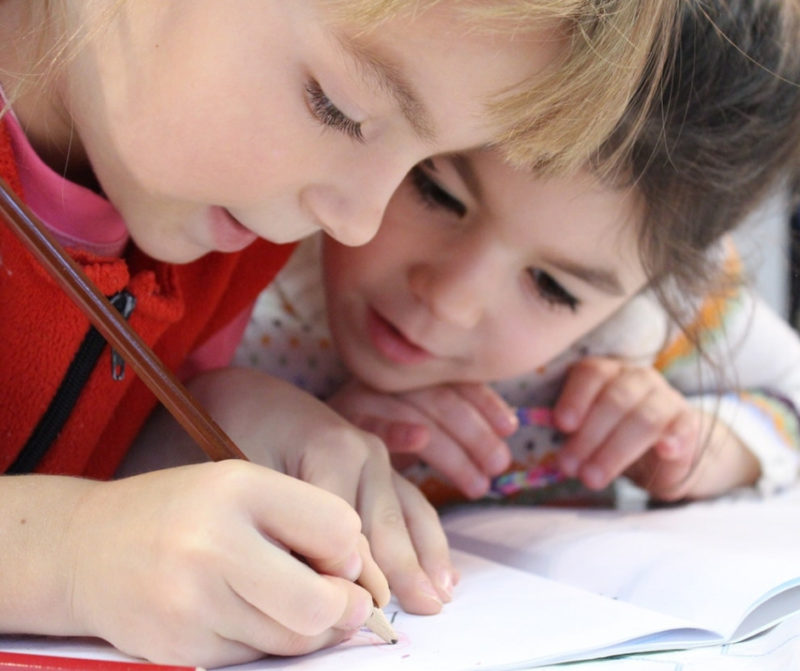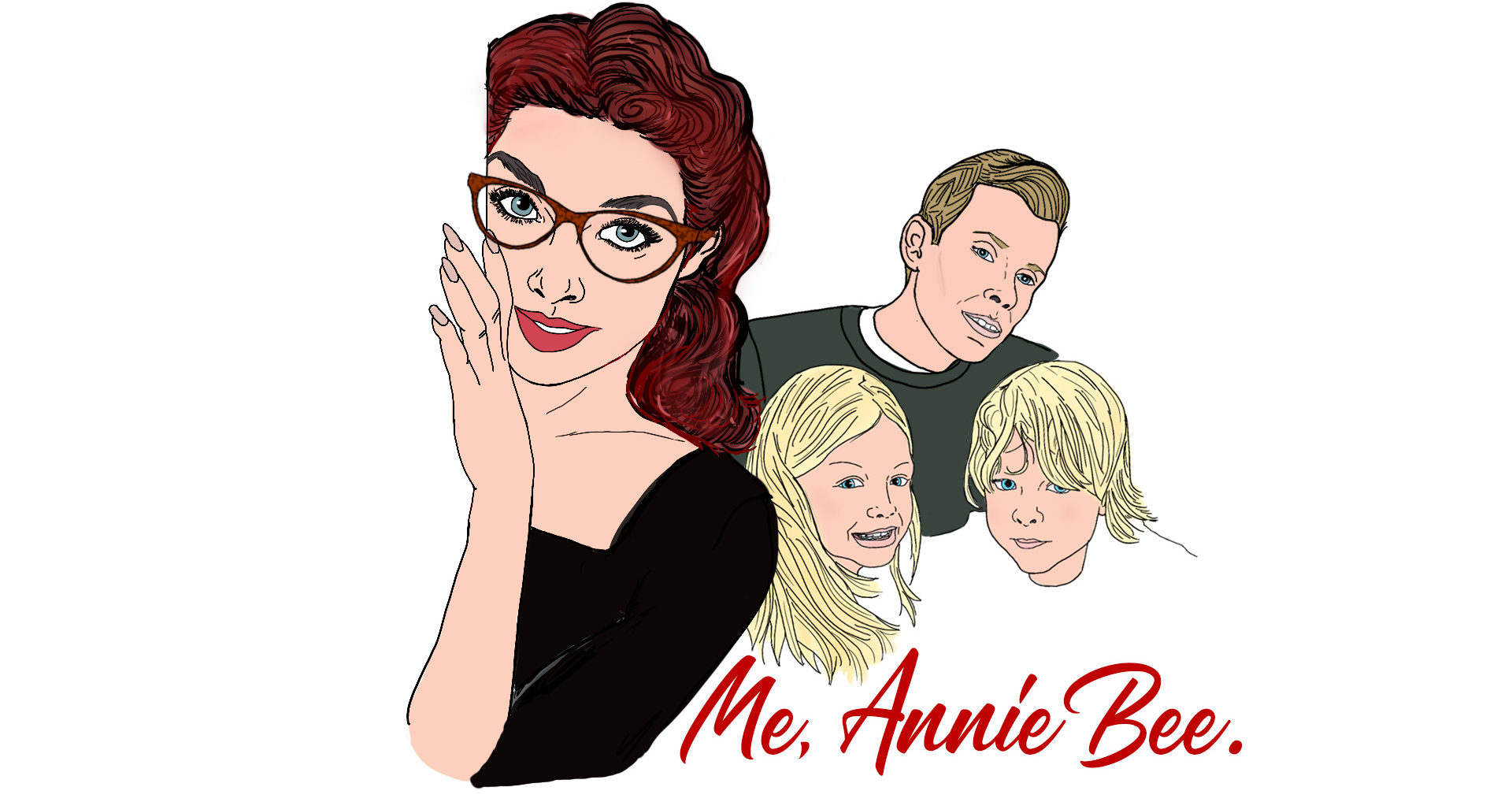
How Can You Prepare Your Toddler for School?
This is a collaboration
Watching our children progress can be a little bittersweet- it’s always going to be emotional seeing that your little one is no longer the tiny baby you brought home from the hospital. But as parents, it’s our job to provide our children with the tools they need to succeed in life, and attending school is the first step on the ladder.
If your toddler is approaching school age, or you’re just thinking to the future for your baby, here are a few things that are worth bearing in mind that will make the transition into school life much easier and more pleasant.
Get social
To succeed in school and in life in general, it’s important to know how to get along with others. This involves being kind and considerate to others, sharing and taking turns and being able to control emotions. Of course, this is something that comes with time and isn’t something that children will have mastered by the time they start school. However, making a start on these things is important. You can do this by allowing your child to socialise with others; get them used to meeting, talking to and playing with other children, and gently encourage the correct behaviours. There’s nothing wrong with children that are naturally a little shy and reserved, this could just be their personality. But extreme shyness and not being able to interact with other children properly can really hold them back, so getting them used to being around others from a young age is something worthwhile you can do. Go on playdates with others who have children of a similar age. Attend classes where your child can meet others, look into pre-school, play school or even childminding services where they’ll be spending time with other kids. Parents often feel bad about leaving their little ones with childminders when they’re working or busy, but it can actually be a really positive thing for them. Generally encourage social behaviour where possible, as it will come in useful when they start school.
Work on quiet time
Children are full of energy and need to burn off steam, they need plenty of exercise to keep fit and healthy. But quiet time is important too, and something that’s worth working on before they reach school age. They need to be able to sit still for longer periods in school while they’re learning new things and listening to the teachers. Work in quiet time into your day so your child can get used to sitting still, using their ‘indoor voice’ and concentrating. You could read stories, colour in, play a game or do some other kind of quiet activity. Start small and then build your way up, until your child can comfortably sit and pay attention for longer amounts of time. Running around the classroom and being restless isn’t going to be helpful for themselves or the other kids, and might make settling in and getting adjusted difficult if they’re not used to doing this.
Introduce them to a wide range of foods
As a parent, your child’s health and nutrition will have always been a top priority from the start. It can be difficult once they’re eating real food to ensure they’re getting enough nutrition from their diet, which is why toddler milk like Bubbahood can be useful. But by the time they reach school age, they’ll ideally be getting everything they need from their diet, be open to trying different things and be able to feed themselves. Being prepared to try new things helps to keep your child adaptable and can reduce stress and anxiety around mealtimes. Kids are notoriously fussy, but try not to get stressed as their tastes change regularly. Keep trying them with new foods, and try not to fall into the habit of providing the same meals over and over. It might make things easier, but can cause unhealthy eating habits and mean that they’re missing out on certain things from their diet.
Build on their interests from a young age
Every child is unique, and each will tend to gravitate to things they’re interested in. While they’re still very young, some will love picking up a pen and scribbling on paper, others will like to kick a football or play a certain game. Whatever it is your child tends to enjoy, try and build on this and use it as a catalyst for them to gain new skills in a fun way. Scribbling is the foundation to drawing and then a little later, writing. Listening to stories helps to develop concentration and imagination. Sporty activities can improve hand eye coordination and muscle strength. You could even go to a class or activity centre to explore this further, for example you can find baby sports gyms, swimming lessons, art classes, cooking classes- just about everything these days. Their interests will more than likely change over time, but when they show a fascination in one area, use this to your advantage as they’ll be responsive to learning new skills relating to it. When it comes to toddlers, it’s best to go with the flow- wait for them to show an interest in something and then roll with it- rather than trying to force them to build skills or develop an area that’s not fun to them.
Start working on skills for school
As your toddler starts getting a little older and the time to start school is approaching, it makes sense to work on skills that will come in useful for them. Their concentration will be better and you can begin practising some of the things that they’ll need to be able to do. This can involve learning how to use a knife and fork to eat their dinner, and being able to sit with others while they eat. They should be used to patiently waiting for others to finish, these skills can be mastered by dining together as a family. Knowing how to tie their own shoelaces, and dress themselves well enough so that they can use the toilet without assistance is worth mastering before reaching school age. Knowing how to properly hold a pencil is another worthy skill, according to The School Run, poor pencil grip is something that can take a long time to unlearn. We’re lucky to live in a place in the world where the school system is excellent, however it can’t teach our kids everything. Providing them with the basics that school can them help them to finesse is crucial and will stop them from falling behind their peers.
Give them support
Support is one of the things our children need most from us. Starting school is a huge, scary step for them and while it teaches independence, it’s also important for them to know that they have us. If they’re struggling, have had a bad day or are feeling unsure, knowing that they can come to us makes all the difference. Encourage them to do their best, offering lots of praise for the things they do right. Any behavioural issues or mistakes, try and get to the bottom of things instead of simply telling them off. Promoting school to them in a positive way and encouraging them to enjoy it can help to spur them on to do their best.
Is your child starting school this year? What kinds of things will you be doing to prepare them for this big step in their lives?
Share the love.
Related
You May Also Like

Creating the perfect summer wardrobe…..Or not.
June 12, 2017
The Soundtrack to The Film of my Life.
October 25, 2017


